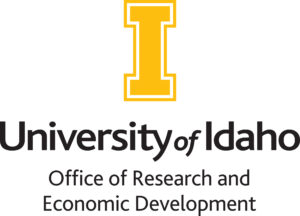Bioactive Human Milk Peptides
Leveraging natural bioactive peptides for better gastrointestinal development & health
Premature infants are born with immature gastrointestinal (GI) tract. In addition to reduced digestive secretions, the GI tract itself and its resident immune system are still developing and maturing. The combination of these factors increase premature infants’ risk for developing necrotizing enterocolitis, a severe inflammatory bowel disease.
The literature is consistent for human milk to reduce risk for necrotizing enterocolitis. However, human milk contains numerous components that may or may not provide beneficial effects. The MIMI laboratory aims to identify digestion-released human milk peptides that reduce inflammatory responses with in the GI tract. Our goal is to discover the bioactive mechanisms of these peptides, thereby, suppress an exaggerated inflammatory response and reduce risk for necrotizing enterocolitis.
Cell cultures
We use human intestinal epithelial cells (HIEC-6) and enteroids to determine specific anti-inflammatory and anti-cytotoxic mechanisms.
Surface Plasmon Resonance
We use surface plasmon resonance to test binding kinetics between peptides and target cell surface receptors.
Förster resonance energy transfer (FRET)
We use FRET to visually confirm direct binding of peptides to target cell surface receptors in the cell culture models, thus prevent bacterial component ligand binding.
Immunofluorescent staining
We use immunofluorescence imaging to visually confirm prevention of NF-kB nuclear translocation that precedes gene transcription of inflammatory cytokine productions.
Bacterial cultures
We use bacterial cultures to explore anti-microbial activities of human milk digestion-released peptides
Peptide delivery system
We are discovering and testing new peptide delivery systems that will allow peptides to survive the digestive process and remain intact until the desired intestinal location is reached.
Funding Sources

U of I Office of Research and Economic Development (ORED)
U of I Office of Research and Economic Development (ORED), internal funding program: Operation Resubmission Success

